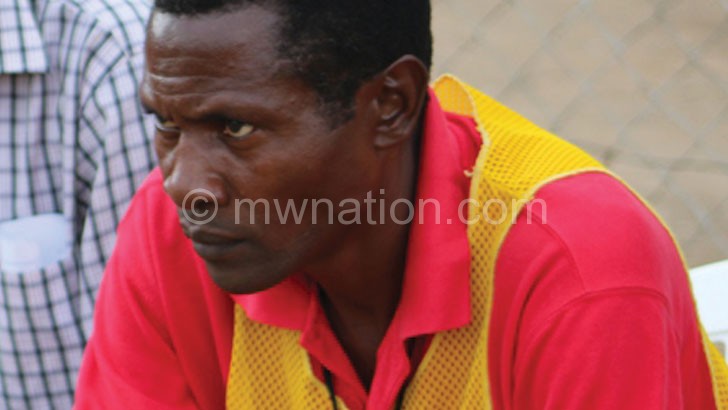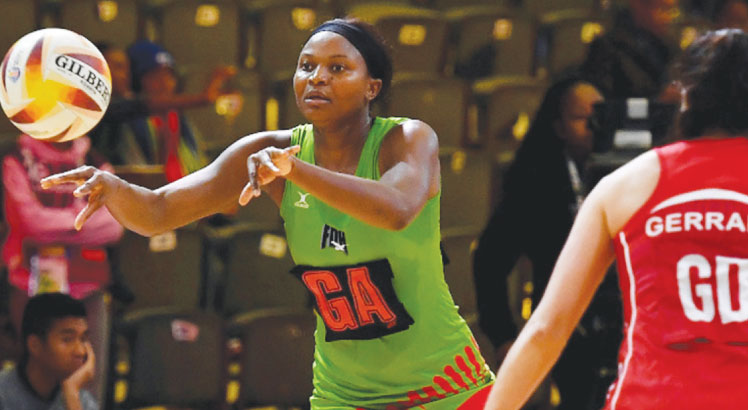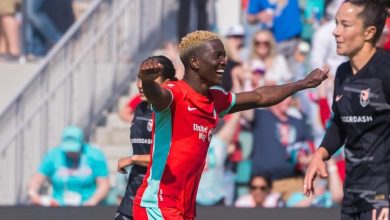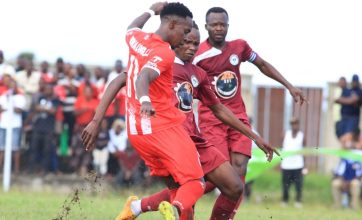Sports policy misses key goals
Failure by government and other actors to implement key National Sports Policy objectives has triggered concerns that little effort is being made to grow sports in the country.
There are four targeted goals in the policy which was launched 10 years ago. Among them is ‘Sports for Economic Development and Poverty Reduction’, which our analysis shows that only six of 27 strategies have been achieved.
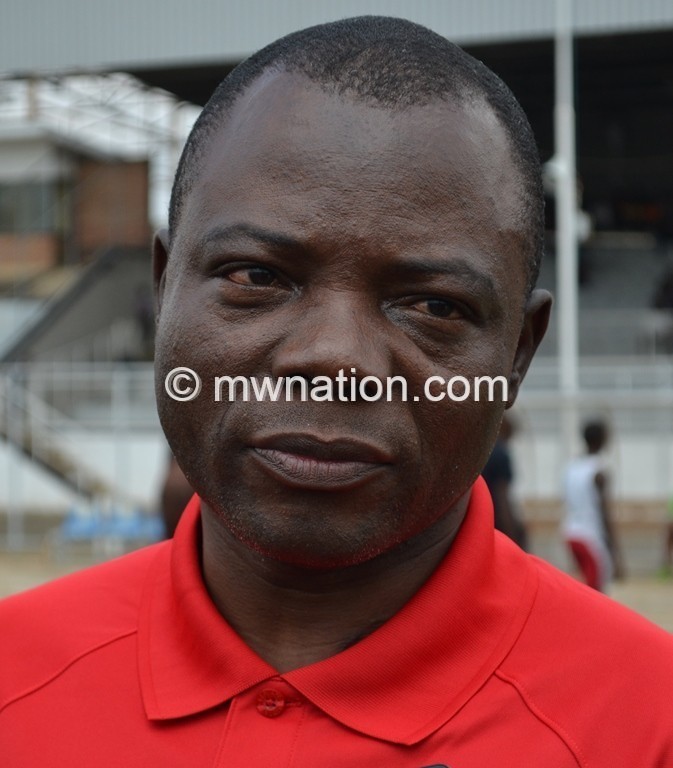
In the segment, government targeted to woo investors into sports by, among other incentives, introducing tax rebate to private sector sponsoring sports, encouraging local production of sports equipment and introducing sports levies.
All this was aimed at ploughing more funds into sports for economic growth and incentives for the welfare of players and athletes. However, nothing has materialised. Areas implemented include rehabilitation of sports facilities such as Kamuzu Stadium, and unearthing talent.
Under the Sustainable Sports Development goal, six out of 24 strategies have, thus far, been enforced. The key unfulfilled areas are licensing of physical personnel, establishing sports resource centre and reinforcing physical education in the national school curriculum.
The success stories under this include support towards athletes with disabilities and empowering women in sports as evidenced by increased funding towards women football, boxing and netball.
Analysing the policy implementation from the disability sport perspective, Malawi Paralympic Committee (MPC) president James Chiutsi said there have been tremendous strides.
“But there’s room for improvement. Malawi National Council of Sports has funded sport for people with disability both nationally and internationally. It has offered critical guidance on management and technical skills development,” he said.
However, he said there is need for the supply of more disability specialised equipment, which “remains a challenge, but generally, we are moving forward”.
Further scrutiny of the policy shows that government has done well in goals that are non-related to sports commercialisation. In Sports and Fair Play, for example, eight strategies out of 14 have been achieved.
In the Sports and Resource Development objective, four out of seven strategies were achieved. They include training athletes in various sports codes, training sports personnel, conducting talent development programmes and providing land for sports development.
What has not been achieved in this category include failured to promote sports exchange programmes and providing scholarships to athletes.
Ministry of Youth, Sports and Culture director of sports Jameson Ndalama acknowledged that they have been struggling to implement some aspects of the policy.
“Some of those areas, such as sports levies, depended on other stakeholders like the Finance Ministry and other departments. This is why we did not implement them. However, there is still time to fulfil them since the policy does not have deadline,” he said.
Meanwhile, Ndalama has said the policy is under review, a step he hoped will expose loopholes that have derailed its implementation.
“The review doesn’t mean the policy has expired. In fact, a policy doesn’t expire. We started the review four years ago just to ensure that introduce new guidelines and take out outdated ones,” he said.
On his part, the Athletics Association of Malawi (AAM) general secretary Frank Chitembeya has described the policy implementation as “total failure” because it has not energised sports commercialisation.
“The main challenge facing sports is poor funding. If the policy has failed to achieve this, then it has done nothing. Look at the annual subventions we get from government. You ask for K200, you are given K1.5 million. How do we progress?” he wondered.


